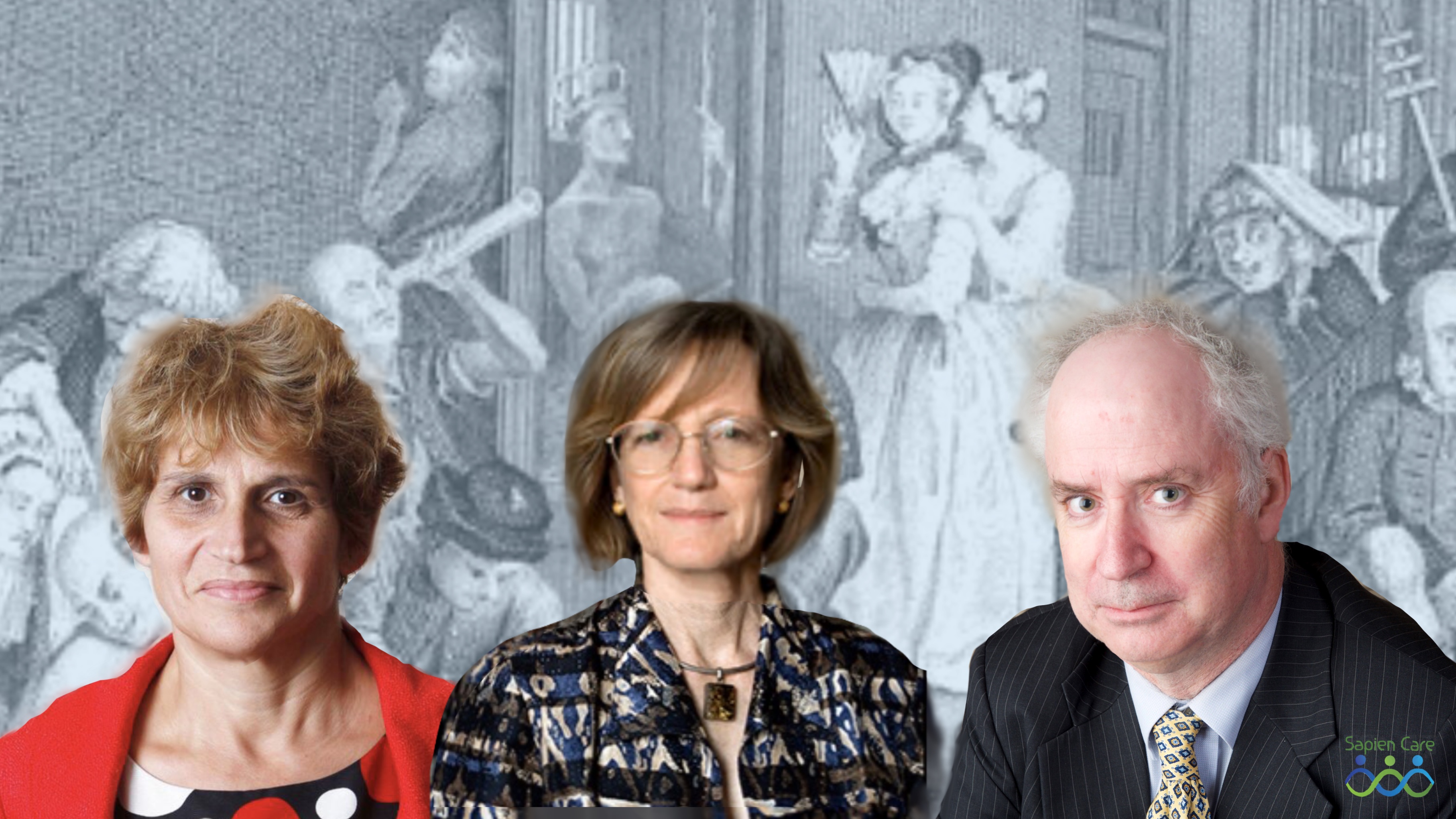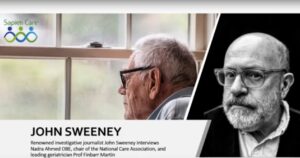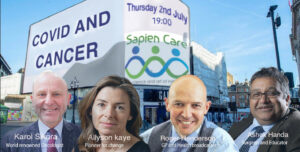“The NHS relies on using data effectively to deliver care to individuals, to plan and manage services and for research to improve care in the future. The Covid-19 pandemic has accelerated the effective use of health data, from identifying patients who needed to shield, to driving the vaccine programme, and identifying and testing new treatments. Data from patients’ hospital and GP records has been critical to these achievements, which necessitated data sharing, with stringent controls, to organisations that the NHS worked with to develop new treatments and deliver services.
Looking forward, it is vital to keep up the data momentum which developed during the Covid pandemic, to enable us to address the very big challenges facing health and care. There is a real urgency to use real time data more effectively to plan and prioritise treatment based on need. We need to understand how we can and ensure we are putting resources in the right places, and which services can be delivered remotely and which can’t. We also need to be able to track health needs of people who have had Covid-19 and what their future health needs are likely to be.
While there are challenges and concerns about ‘sharing data’, we must not loose sight of the fact that over time millions of lives have been saved by treatments identified from analysis of health data, and the NHS has become more efficient through use of data from health records.” Sarah Scobie, Deputy Director of Research, Nuffield Trust.
For more information on how data is used see General Practice Data for Planning and Research (GPDPR) – NHS Digital
However Terry Hook identifies gives the awareness of how the data can be exploited, he explains how hackers can provide this data to criminals and medical data is valuable.
Once an individual’s password is gained and then they can get into an individual’s email account, then they can change the rules. They can have conversations with bank managers and doctors and the individual will not know. The bank manager or doctor will believe that they are speaking to the right person.
The consequences of this are huge, individuals can be held to ransom for their medical history and banks, hackers can make arrangements for money to be transferred to where it shouldn’t.
Finally, Dr Rosie Shire who gives her concern on how sharing data can affect doctors, and how this could reduce patient trust. Patients must consent but need to know the risks and benefits and to do this means it needs to be publicised more. The opt out option has been given to the GPs for their responsibility to distribute and manage which is not only time consuming for practices, but it also brings awareness that patience need to be internet friendly to be able to find it.
What does this mean?
You decide, you can either consent to having your medical data being shared for research or opt out if you want to keep control and keep it secure.











